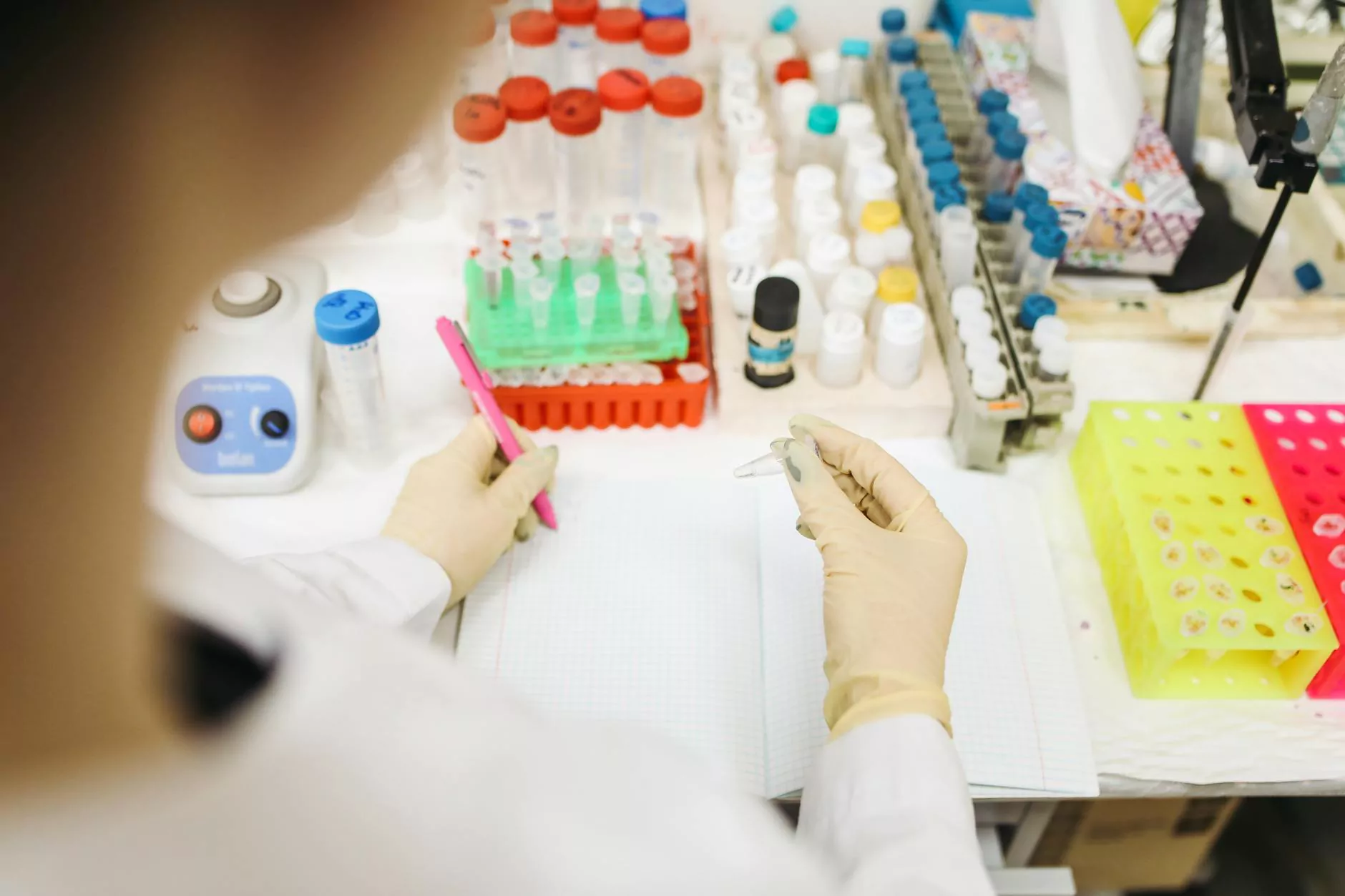Monkeypox: Myths and Facts - RN Patient Advocates

Introduction
Welcome to RN Patient Advocates, your go-to resource for accurate and up-to-date healthcare information. In this comprehensive guide, we will debunk common myths surrounding monkeypox while providing key facts and insights to help you make well-informed decisions regarding monkeypox prevention, symptoms, and treatment.
What is Monkeypox?
Monkeypox is a rare viral disease that typically occurs in Central and West African countries, including Nigeria, Cameroon, and the Democratic Republic of the Congo. It belongs to the same family as smallpox and has similar, although milder, symptoms.
Myth: Monkeypox is Transmitted from Monkeys
Contrary to the name, monkeypox is not primarily transmitted from monkeys to humans. The primary source of transmission is rodents, such as squirrels, rats, and Gambian giant rats. Humans can contract monkeypox through direct contact with infected animals or through bites from infected animals.
Fact: Human-to-Human Transmission is Possible
While monkeypox is primarily transmitted from animals to humans, it is important to note that human-to-human transmission can occur. This can happen through respiratory droplets, direct contact with bodily fluids or lesions of an infected person, or contact with contaminated materials such as bedding or clothing.
Recognizing Monkeypox Symptoms
Monkeypox symptoms typically appear within 7 to 14 days following exposure to the virus. The initial symptoms may include fever, headache, muscle aches, and fatigue, similar to many other common illnesses.
As the disease progresses, a rash develops, usually beginning on the face and then spreading to other parts of the body. The rash changes and goes through different stages, including the formation of fluid-filled blisters and subsequent scabbing.
Myth: Monkeypox Always Results in Severe Illness
Contrary to popular belief, not all cases of monkeypox result in severe illness. The severity of monkeypox can vary from person to person. Some individuals may experience mild symptoms similar to those of chickenpox, while others may develop more severe symptoms.
Fact: Monkeypox Can Be Managed with Proper Medical Care
Although there is no specific antiviral treatment for monkeypox, it can be managed with supportive care. This includes measures to relieve symptoms such as fever reducers, pain relievers, and maintaining proper fluid intake.
In severe cases, hospitalization may be required to provide additional medical support, such as intravenous fluids and monitoring for complications.
Prevention and Control Measures
Preventing monkeypox involves taking appropriate measures to reduce the risk of exposure to the virus. Key prevention strategies include:
- Regular handwashing with soap and water.
- Avoiding close contact with infected individuals and animals.
- Covering the mouth and nose when coughing or sneezing.
- Properly cooking meat before consumption.
- Wearing protective clothing, such as gloves and masks, when in contact with potentially infected animals.
Additionally, vaccination against smallpox may provide some level of immunity to monkeypox.
Conclusion
As trusted patient advocates, RN Patient Advocates aims to empower individuals with accurate and reliable healthcare information. By dispelling myths surrounding monkeypox and providing factual insights, we hope to contribute to a better understanding of this rare disease and its prevention and management.
For more information or personalized guidance related to monkeypox or any other healthcare concerns, contact RN Patient Advocates today!










